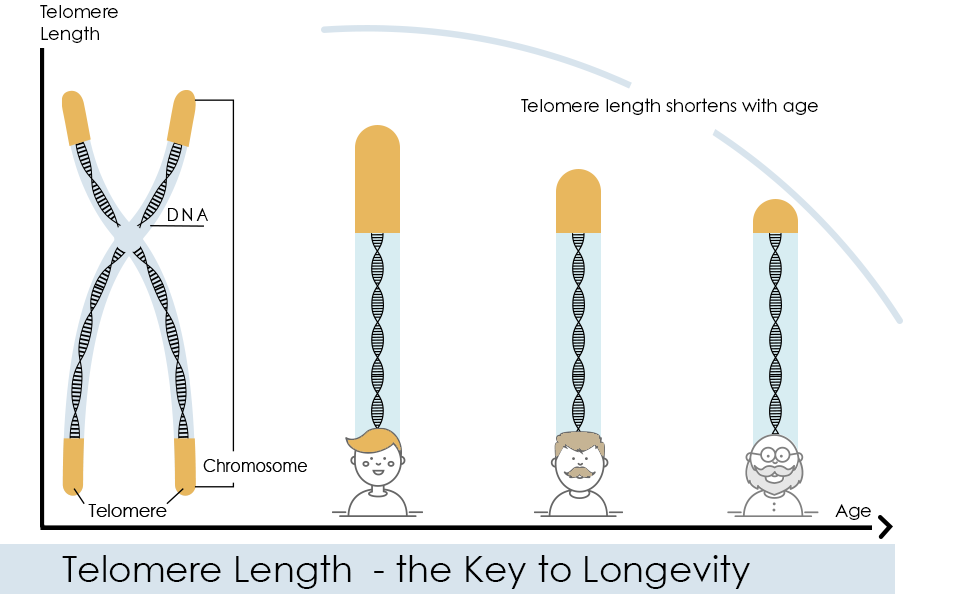Biological Clocks: Molecular regulators of our age
- Damayanti
- Sep 20, 2021
- 2 min read

Ageing, in common terms, would be the process of growing old, and is commonly associated with degenerative changes in the body and increased occurrence of physiological disorders. Cardiovascular diseases, neurodegenerative disorders, cancers and inflammatory disorders are commonly associated with the onset of age.
It has been found that some specific molecular mechanisms are associated with the biological process of ageing. Our genome is the ultimate blueprint of all the molecular processes that occur in our body. The tendencies towards mitochondrial and nuclear genome mutations, oxidative DNA damage or damage due to radiation increases with age, leading to various disorders. Even without changing the genome, epigenetic regulation of gene expression can bring about many degenerative changes in the body.
DNA methylation involves the addition of a methyl group to cytosine residues and leads to gene silencing. It has been observed that a marked change in DNA methylation activity occurs with age. A prominent and universal change in methylation of three genes was seen in older individuals, and these three genes are associated with Pancreatic cancer, slow wound healing, Parkinson's disease and esophageal cell carcinoma. In 2011, a team of scientists could predict the age of an individual with an average accuracy of 5.2 years, by using the methylation of these three gene loci as their parameters.
By further developing this concept, Dr. Steve Horvath created the Horvath Clock in 2013, which is one of the most accurate biological clocks, determining the biological age of one's body. The major advantage of the Horvath Clock is that it has been standardized using methylation activity involving a wide variety of tissues. So, it determines the biological age accurately regardless of the source tissue used, and can also be used to compare ages of different tissues in the same body.
" In 2011, a team of scientists could predict the age of an individual with an average accuracy of 5.2 years, by using the methylation of these three gene loci as their parameters."
Recently, inflammation has been identified as an important biomarker for determining age. The inflammatory ageing clock- iAge, is based on the idea that as one ages, the stress on the tissues increases, and cells become damaged and secrete inflammation-causing molecules. This leads to progressive wear and tear and ultimately manifests as the degenerative signs of age.
A major advantage of this technique is that inflammation can be detected and analyzed much more easily as compared to DNA methylation. So, large scale measurements of biological age can be made feasible using this technique.
Such discoveries are also significant because once we understand the mechanisms that cause the degenerative disorders, we can find ways to cure them. Researchers are studying DNA methylation pathways to find potential cures for cancer and neurodegenerative diseases. Many of these studies have shown promising results. A far-fetched idea also suggests that by manipulating these pathways, humans may invent the mythical "anti-ageing pill", or even find ways to reverse one's age. While these ideas are ethically debatable, the molecular markers of ageing are certainly important for advancements in medical science.
REFERENCES
Duggal NA. Reversing the immune ageing clock: lifestyle modifications and pharmacological interventions. Biogerontology. 2018 Dec;19(6):481-496. doi: 10.1007/s10522-018-9771-7. Epub 2018 Sep 29. PMID: 30269199; PMCID: PMC6223743.
DNA Methylation Biomarkers in Aging and Age-Related Diseases ; Yasmeen S., Yosra B., El Hajj Nady. Frontiers in Genetics; vol 11; 2020.





Comments